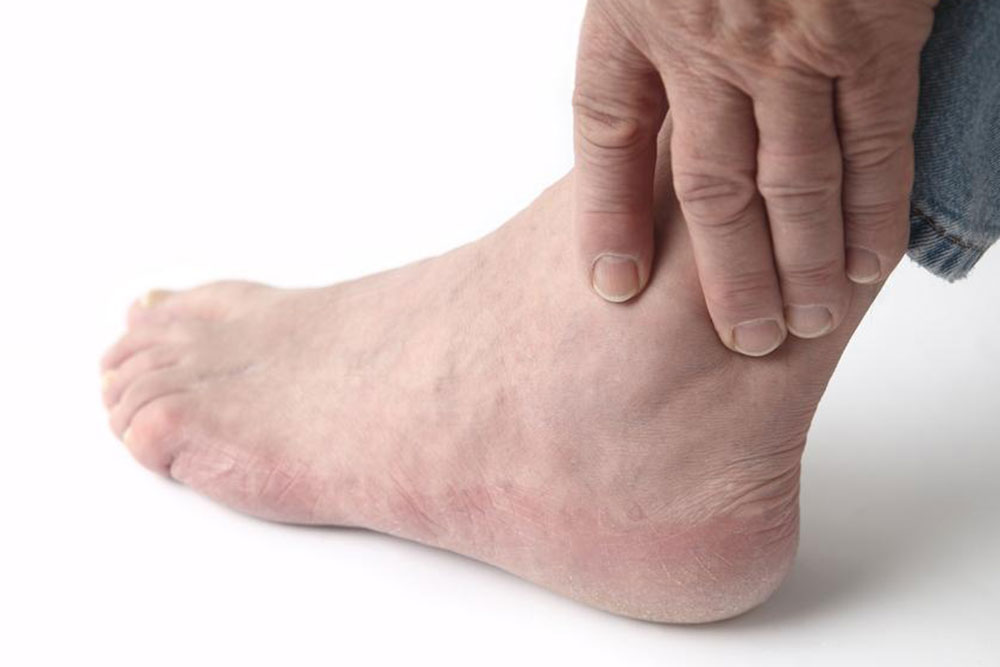Effective Strategies to Alleviate Finger Numbness
Discover effective methods to treat finger numbness, including identifying causes like nerve damage, carpal tunnel syndrome, and nerve injuries. Learn when to seek medical help and the importance of accurate diagnosis for proper treatment. The article provides insight into symptoms requiring urgent care versus routine management, emphasizing the significance of professional evaluation for persistent or severe nerve-related issues.
Sponsored

How to address finger numbness
Experiencing numbness in your fingers? Don’t delay seeking medical advice. While it’s not always a sign of something serious, a professional need to evaluate it. If the sensation interferes with daily activities, visiting a healthcare provider is essential.
Finger and hand numbness can be disabling and indicate underlying health issues. It may occur suddenly or persist, accompanied by tingling or prickling sensations. Various causes include nerve damage, nerve compression, or irritation.
Several factors could be responsible for numbness in the fingers. Some conditions may be serious or life-threatening. If you notice tingling or tremors before numbness appears, consult a neurologist promptly.
Potential causes of finger numbness
Nerve injury The nervous system extends throughout your body, including the fingers. Damage or irritation to nerves can cause numbness or tingling sensations in your fingers.
Factors contributing to nerve damage in fingers
Diabetes Diabetes increases the risk of peripheral neuropathy, damaging nerves in the extremities such as fingers, hands, and feet. Around 60% of diabetics experience numbness in these areas. Maintaining blood sugar levels can help prevent nerve damage.
Trauma or injury Physical injuries to the fingers or hands can harm nerves, leading to sensory loss and numbness.
Carpal tunnel syndrome This common condition involves compression of the median nerve within the wrist’s carpal tunnel. Swelling narrows the space, pressing the nerve and causing tingling, weakness, and numbness mainly in the thumb, index, middle, and part of the ring finger. The little finger usually remains unaffected.
Cervical radiculopathy Compression or inflammation of cervical nerve roots in the neck can affect sensation and movement in the corresponding fingers, resulting in numbness, tingling, and weakness.
Ulnar nerve entrapment The ulnar nerve supplies sensation to the little finger. When compressed near the elbow, it can cause numbness and loss of sensation in the little finger and part of the ring finger.
Rheumatoid arthritis This autoimmune condition can cause nerve compression, such as through carpal tunnel syndrome, leading to finger numbness, especially in the fingers except for the little and part of the ring finger.
Emergency situations Isolated finger numbness is usually benign. However, if accompanied by difficulty breathing, confusion, severe headache, speech issues, weakness, paralysis, or dizziness, seek immediate medical attention, as these could signal serious health issues.
Accurate diagnosis is crucial Proper evaluation—including physical exams, nerve conduction tests, MRI, blood work, and imaging—is vital. Similar symptoms can be caused by different conditions like radiculopathy, carpal tunnel syndrome, or arthritis. Correct diagnosis ensures appropriate treatment.






